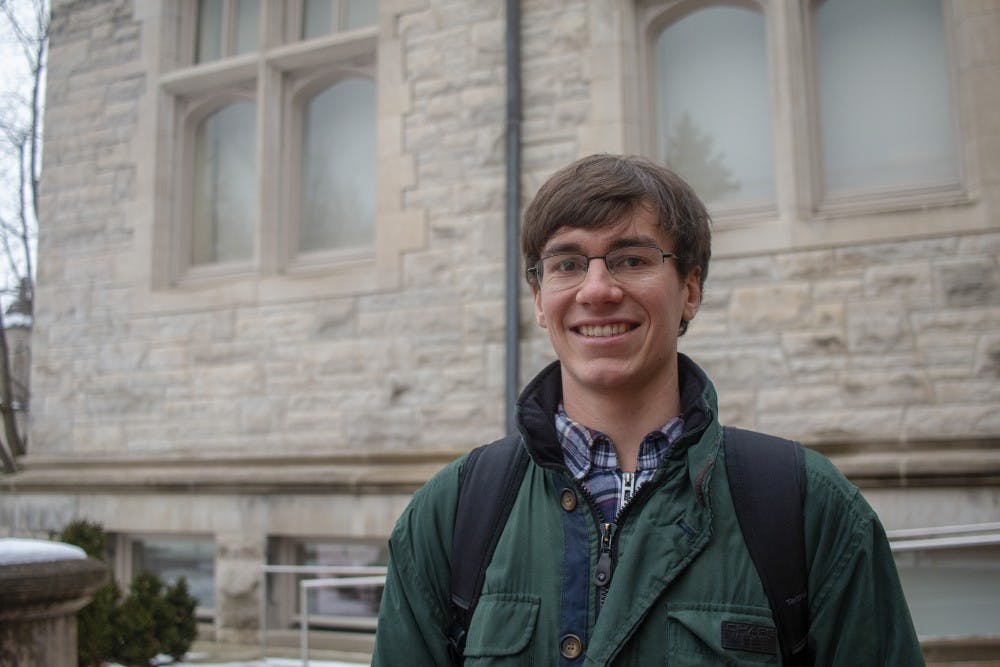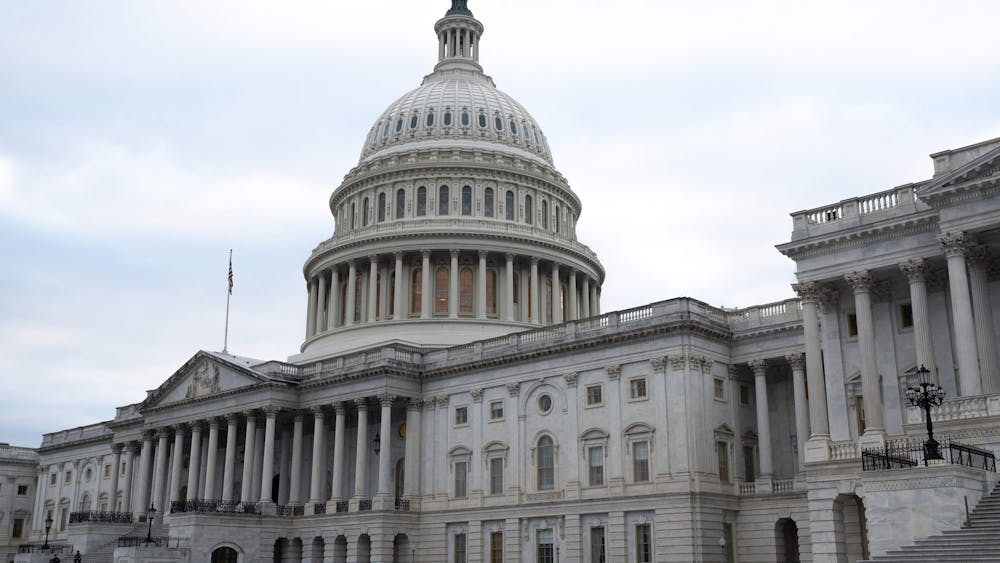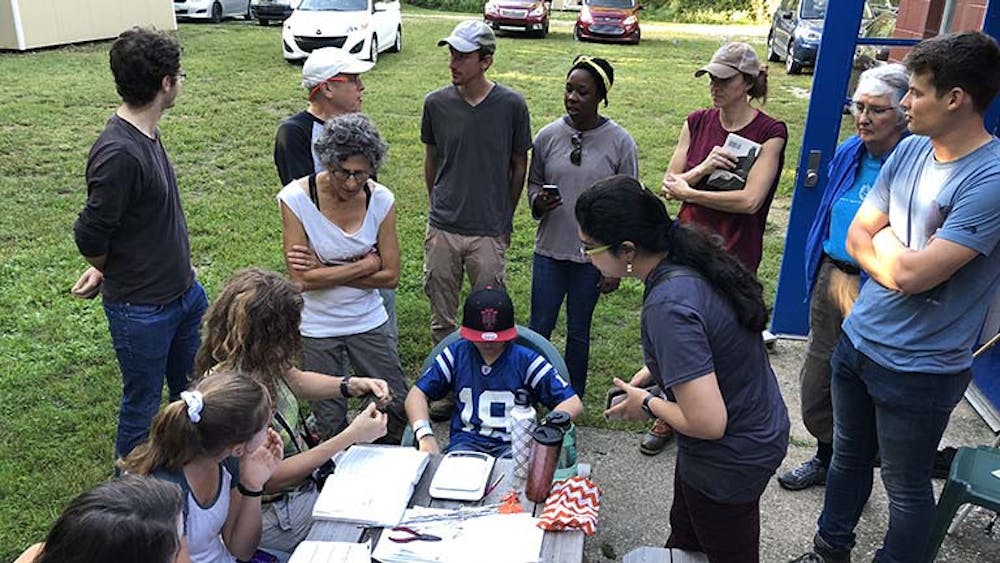Graduation robes aren’t the only kind some students wear during their IU career.
The IU Student Government Supreme Court dons robes on occasion, IUSG Chief Justice Anthony Kail said.
Kail, a Master's student graduating this year, is one of 11 justices on IUSG's Supreme Court.
He said that his favorite part of being a part of the court is working with students.
“Students can identify with us more just because we’re the same age and we understand the pressure,” Kail said. “We’re less removed.”
The court is the highest level of the disciplinary process in IUSG, and it oversees both academic and personal misconduct cases. Its main purpose is hearing student cases and working with individual students.
Many of the students on IUSG’s bench have an interest in pursuing law-related professions, Kail said. Participants include several students from the Kelley School of Business and the School of Public and Environmental Affairs.
Associate Justice Bailey Decker is a senior SPEA student. She said she finds it important to have student voices reflected in conduct hearings.
“We all have our own biases even if we don’t realize it, so it’s very important to have student voices and with that to have cultural and generational differences that students provide,” Decker said.
Decker has been a member of the court for two years but was a member of IUSG Congress her sophomore year. Congress is a branch of IUSG composed of student representatives.
A mixture of student justices and faculty members hear cases.
The court hears about 50 cases a semester.
Student justices undergo a round of essay applications and interviews before a recommendation is made to the student body president and confirmed by Congress.
“We collaborate with the rest of IUSG and advise them sometimes, more on procedural things like if they want to make a big change such as changing the constitution,” Kail said. “We mediate between any IUSG disputes, especially during election seasons.”
The primary function of the Supreme Court remains deciding student cases.
Decisions are two-part. The court determines whether the student was responsible for what he or she was charged with, and then based on that responsibility, the court creates an action plan, Kail said.
“Most of the cases we hear are students that just need a push in the right direction,” Kail said.
These action plans keep this idea in mind.
These action plans range from probation and suspension to enrolling in Oasis, depending on the individual's misconduct, Kail said.
At the end of the day, Decker said, the court tries to do justice by everyone.






